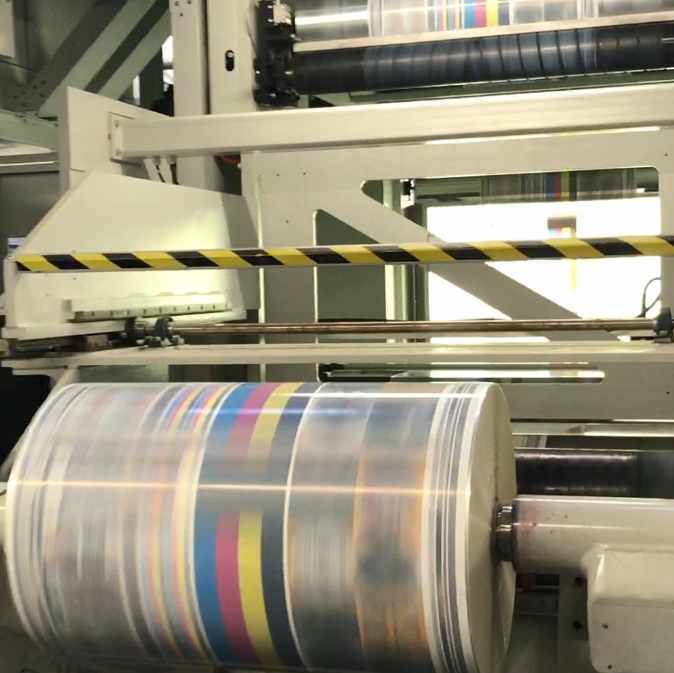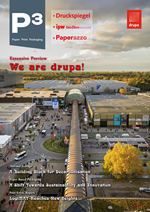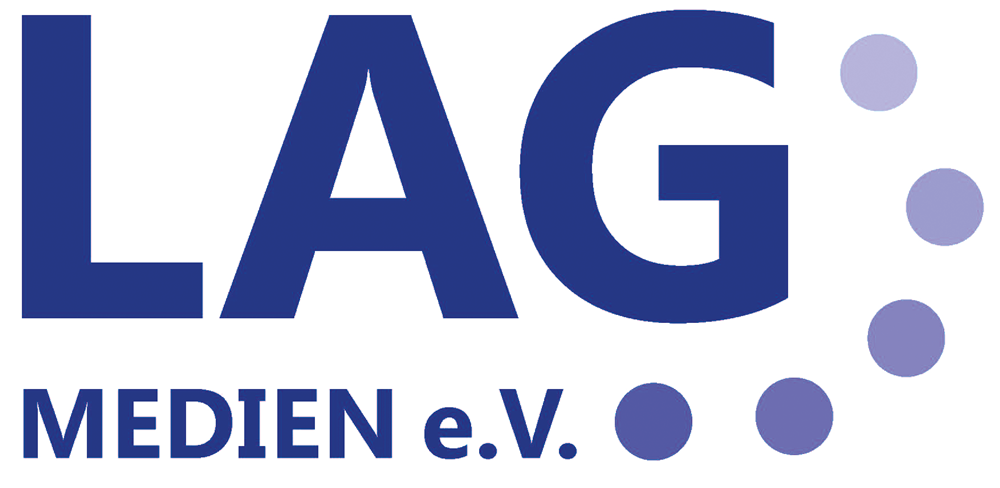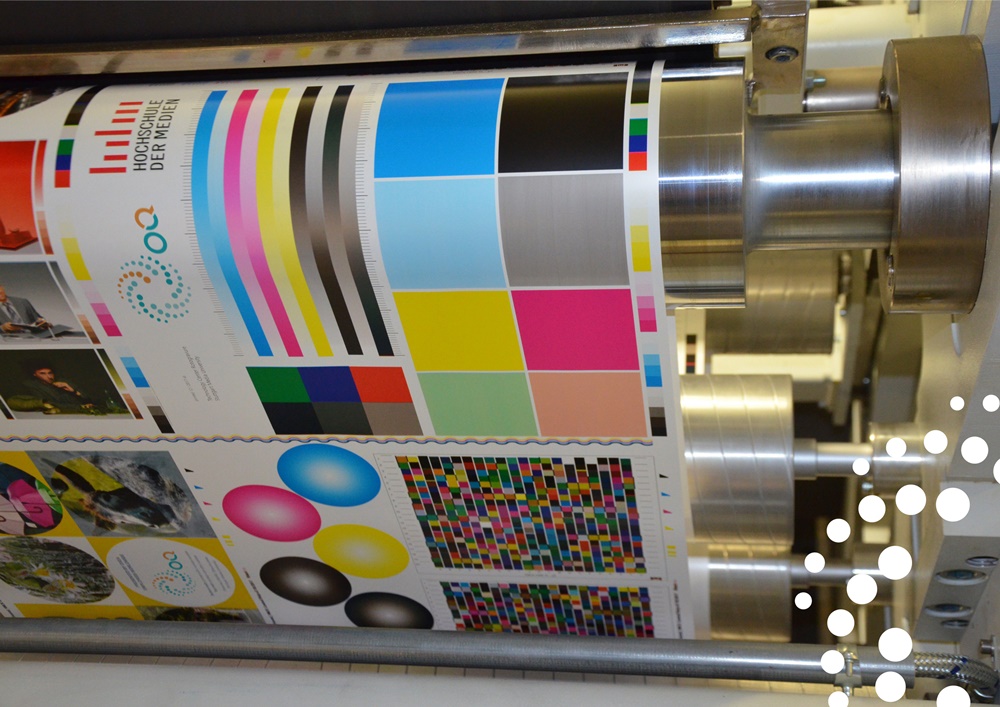P3 3-4/2021 en
Expert to Industry
Spreading the Good News about Propyls at Drupa 2021
Package Printing
OQ attended the first virtual edition of drupa 2021 in April where they took the opportunity to introduce the global company to attendees and host a webinar that was well received by the virtual audience. Over the 4-day event, OQ explored the future of flexible packaging in conversation with professionals from the print and packaging industries while presenting their Propyls solutions for flexible packaging and polymer solutions for plastics converters. OQ also listened to what industry professionals had to say about their current challenges, and opportunities when it comes to solvents, ink, waste, efficacy, sustainability, and value for money.
Using Propyls, the overall manufacturing process is more sustainable and environmentally friendly.
In a special breakout session, joined by special guest speaker Professor Armin Weichmann from Hochschule der Medien (HdM) in Stuttgart, OQ’s experts drilled down into three distinct areas where Propyls really add value: “less solvent”, “less ink” and “less waste”. During this session, attendees had the opportunity to ask questions and explored some of the technical characteristics of Propyls – and how they deliver higher quality, lower odour, higher printing speed, and optimal ink stability.
By switching to Propyls, the overall manufacturing process is more sustainable and environmentally friendly. In addition, thanks to its slower evaporation behaviour, propyls reduce vapour concentration and VOC emissions into the atmosphere – and for converters, this is important.
Ink makers are a key customer for OQ and a major business segment, and Propyls allow ink manufacturers to offer more sophisticated ink lines to the market. By conducting trials with their customers, OQ shows how Propyls can have a positive impact on reducing overall resource consumption for both converters and ink makers such as ink (incl. pigments in the ink production), solvent, and waste ratio.
Sustainable printing
Those characteristics also deliver an obvious ecological benefit: better use of resources, less waste, and less odour – representing a win-win for ink manufacturers, converters, and the environment. Based on conversations at drupa, it is clear that there is a major (and fast-growing) focus on sustainable printing – and given that for many applications the switch to water-based printing is not feasible, there is a call for a more sustainable solvent.
The great news is that with Propyls, converters can achieve up to 20% less solvent consumption and in some cases even more - which is a big step for converters. However, it isn’t only the printing market that benefits from OQ’s n-Propanol. With its biocide quality grade, OQ has been supporting the hand sanitizing businesses with a steady supply of n-Propanol BQ during the pandemic, supporting its long-term customers in this segment during a time when other solvents have been scarce.
The flash point
During the pandemic, supply has been critical – another reason why ‘less waste’ is important: less waste means a smarter use of resources and more product output. Those efficiencies are further boosted by the difference between the boiling and flash point of Propyls compared to traditional solvents, which leads to a reduced solvent consumption. This is due to slightly reduced reactivity – but it also has a positive impact on the security of the product as Propyl’s molecules are less volatile compared to conventional solvents.
To support this point, OQ has key insights on why the evaporation rate of the products is so important to performance at the printing press - and can demonstrate the big gap between conventional and propyls solvents in terms of evaporation rate overall.
Communicating the science
So, how exactly can switching a solvent lead to a reduction in waste? Together with invaluable input from guest scientist, Professor Armin Weichmann from Hochschule de Medien (HdM) in Stuttgart, OQ explained the science behind the story during their special breakout session at Drupa.
Propyls reduce the overall ratio of defects in a print job. So, when a printer wants to increase printing speed, it is recommended to use a medium-evaporating solvent - such as Propyls blends – this helps to reduce the chance of friction at the rolls at higher speeds. Ordinarily, the higher temperature that occurs during an increasing speed leads to evaporation of the conventional solvents, whilst being transported to the film. This causes anilox or cylinder cells to be filled with dry ink, which in turn causes defects in the print job.
One of the practical implications includes the benefits of greater ink stability, which is a key benefit when switching to Propyls. When using conventional solvents, the use of retarders is helpful in stopping the solvents from evaporating too quickly. However, it has a countereffect on ink viscosity, leading to imbalanced ink during refills in the printing process.
This can easily be stopped by using Propyls as a diluting solvent blend, allowing ink viscosity to be maintained at the target value. This stability means that new technologies and techniques can be applied – like extended gamut, which requires stable dilution and viscosity management.
Reusable ink
Another positive effect of propyls can be observed with ink inventory management. Inks that are diluted with retarders in the blend, typically have too high a viscosity when returning from the inventory to the press. By using Propyls, printers can waive the retarders, allowing the stored ink to maintain good viscosity – meaning that the ink can be reused. Furthermore, Propyls show positive impact on water spoilage and foam formation in the ink inventory as they attract less humidity from the environment.
This all amounts to a much higher level of productivity, improved standards, and better overall equipment efficiency – all while maintaining the same sophisticated standards with less resources. For the 100+ industry professionals that joined OQ at drupa21, these practical, operational efficiencies proved to be very good news.
Even better news
The even better news is that in today’s times everybody is keen to reduce their footprint and their resource consumption overall. This is where OQ Propyls step in with a solution for printers to reduce their consumption but maintain their quality standards without changing the overall technology or going for big investments.
By switching to Propyls, converters can maintain their technology standards, don’t need to invest in big machinery but can still benefit from resource efficiencies – and of course, there are the welcome cost savings. With the market for flexible packaging growing, OQ has already invested in a new n-Propanol unit in the US in 2018: a move that enables the company to make good on its commitment to serving the growth ambitions of the flexible packaging printers around the globe and to serve their demand for a superior solvents concept.

OQ’s Propyls solutions are central to the development of superior specialty solvent solutions for flexible packaging.

By conducting trials with their customers, OQ shows how Propyls can have a positive impact on reducing overall resource consumption for both converters and ink makers such as ink (incl. pigments in the ink production), solvent, and waste ratio.
Editor: sbr
Photos: OQ Propyls







